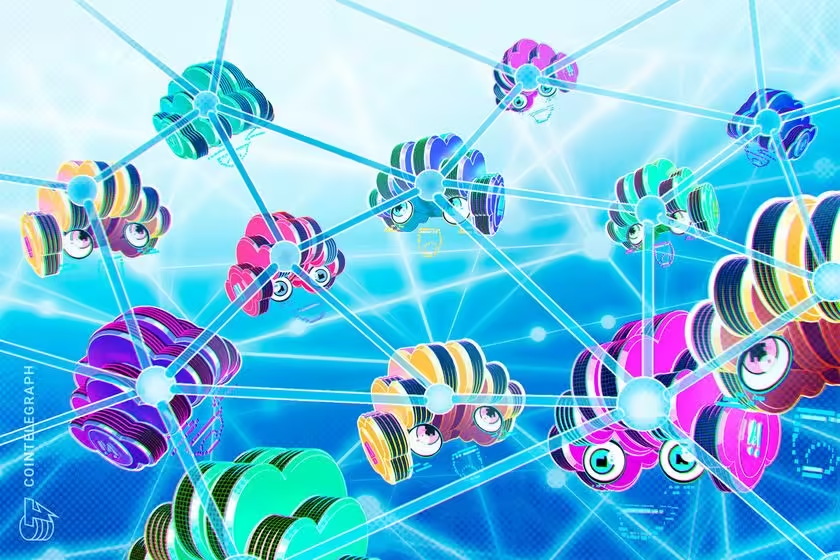As we look ahead to 2025, the intersection of blockchain and artificial intelligence (AI) is expected to foster a revolution in app development, empowering both developers and users unlike ever before. Decentralization is set to become an integral aspect of AI development, allowing for a more inclusive ecosystem that prioritizes the needs and privacy of its stakeholders.
Current AI solutions, like generative models and chatbots, have primarily been developed within centralized frameworks. This has led to a significant gap where users and developers are marginalized and lack meaningful participation. The future of AI lies in the hands of a community-driven approach powered by decentralized networks, which promise greater transparency and inclusivity. By the year 2025, we anticipate that decentralized AI will not only protect user data but also create customized solutions tailored to individual preferences.
Centralized entities have excluded essential voices from the conversation and development process. This limits innovation and the quality of data utilized in AI training. Developers are eager to create applications that utilize personal data responsibly while ensuring enhanced user privacy. A decentralized approach resolves these issues by allowing developers to source trustworthy data through community engagement. This creates a dual incentive: users share their data while being rewarded for their contributions.
The promise of on-device personalization through generative AI is enormous, especially with more than half of the global population owning smartphones. Projections indicate that the generative AI application market is poised for substantial growth, which could propel user experience to new heights. However, without decentralization, many of the existing AI models risk perpetuating biases and failing to secure user data effectively.
Utilizing blockchain technology not only mitigates risks associated with data breaches, but it also eliminates the centralization of sensitive information that hackers tend to target. Decentralized networks enhance security while providing the structure needed for developers to innovate freely. Such an ecosystem can offer dynamic applications across various domains, from health and finance to education, transforming how users interact with digital tools.
Looking to the future, the democratization of AI through a decentralized approach promises to cultivate a landscape where developer creativity flourishes alongside user empowerment. By leveraging blockchain, we can usher in applications that not only meet diverse user needs but also adhere to stringent privacy standards. The resulting collaborative community will allow for remarkable advancements in AI, making it more accessible, secure, and beneficial for everyone involved.






